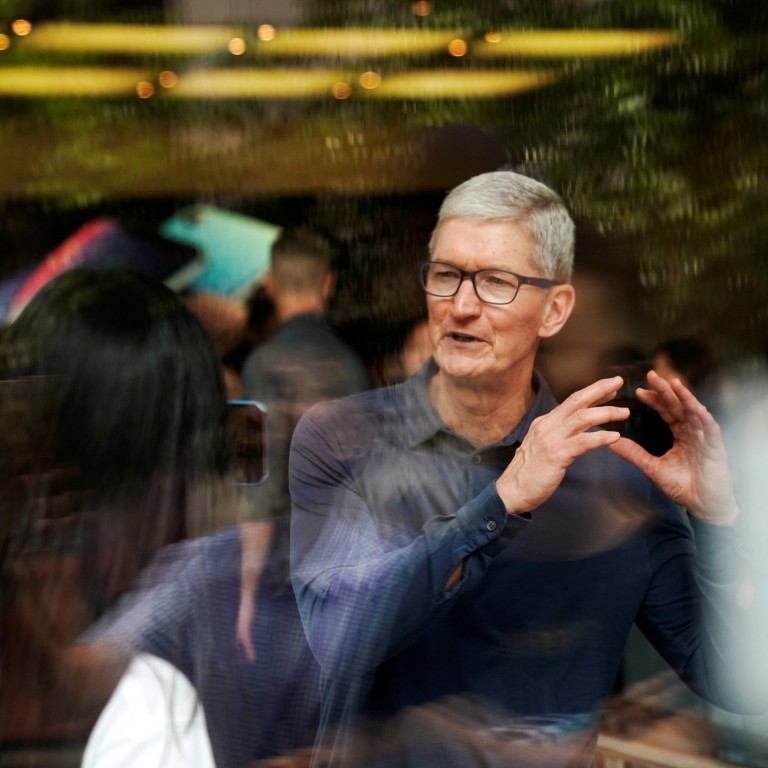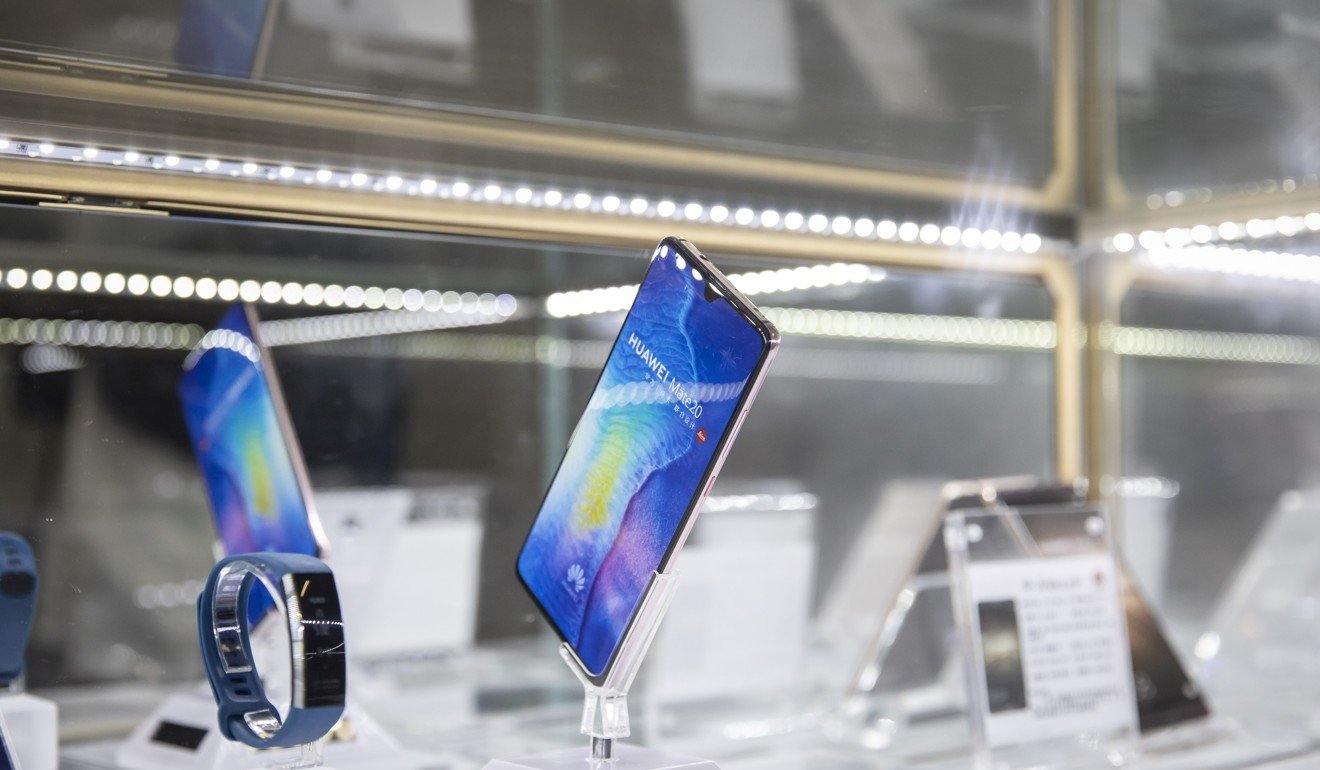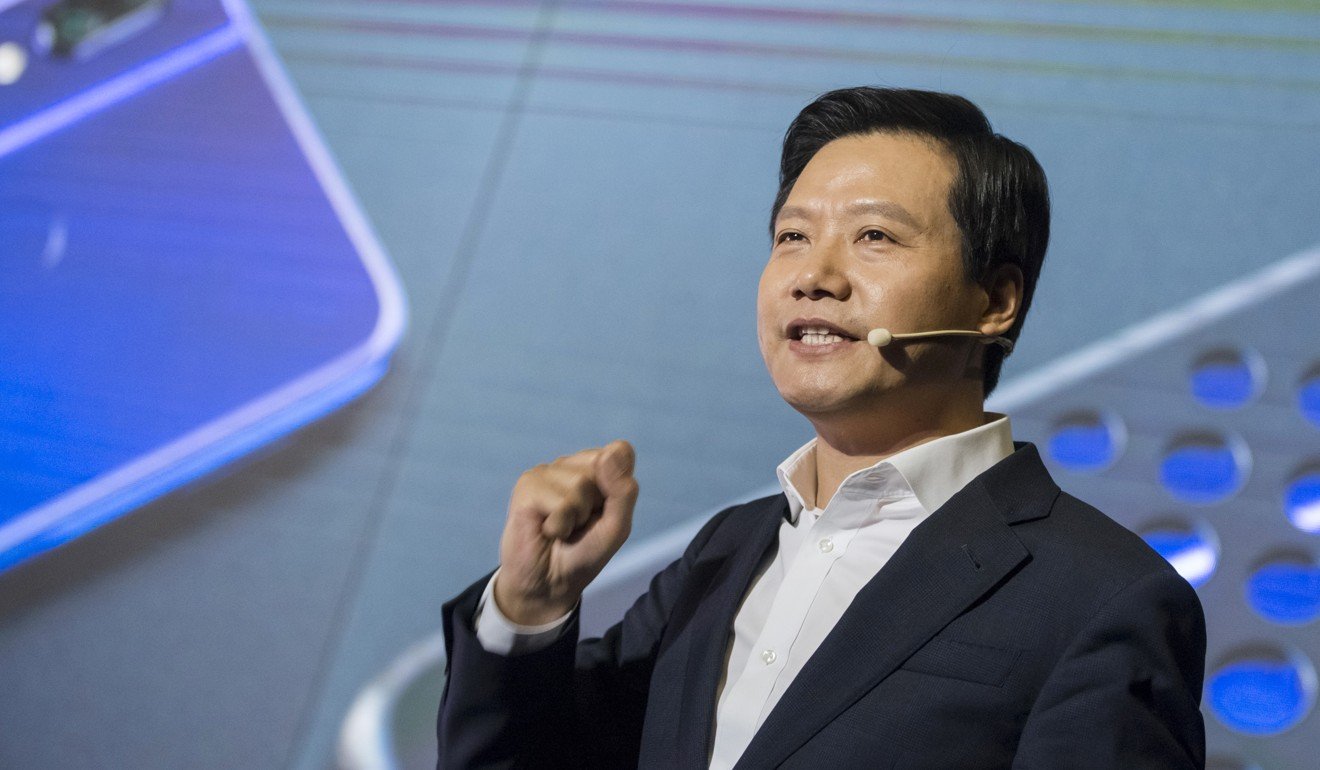
Apple iPhone shipments plunge in China with Huawei gaining ground against wider industry slump
- Huawei racks up 23 per cent gain in shipments in fourth quarter against 9.7 per cent slump in industry shipments
Apple and Xiaomi have both encountered a slump in shipments in China in the December quarter, the worst performers among the top five vendors in the country amid an overall shrinking of demand in the world’s largest smartphone market.
Apple reported a 19.9 per cent decline in shipments in China in the fourth quarter, but climbed one place to No 4 in smartphone shipments after Xiaomi did even worse, tumbling 34.9 per cent during the same period, according to a report by research firm IDC published on Monday. Overall industry shipments for China fell 9.7 per cent to 103 million units.

While Apple chief executive Tim Cook blamed the weak Chinese economy when the company announced earlier last month a downgrade in revenue guidance for the quarter ended December, analysts said he may have glossed over strategic missteps in the world’s largest smartphone market and the effects of fierce competition from fast-improving Chinese Android handset makers.
Cupertino, California-based Apple’s latest iPhone models, which are mostly priced above US$1,000, face a tough challenge from Chinese-brand devices that cost about half or a third less.
“The imbalance between the increasingly severe domestic market environment and Apple’s high product unit price has led to the declines of iPhone shipments in Chinese market,” IDC said in the Chinese-language research report shared on its official WeChat account.
Huawei’s two-brand strategy has enabled the Shenzhen-based company to cater to consumers in different price brackets, while Oppo and Vivo have launched premium handsets to expand their product line.
Apple said it will pursue iPhone price cuts in markets that has been affected by the stronger dollar. Although it did not specifically name any markets, analysts have widely anticipated an official price cut for the iPhones in China as authorised third-party vendors, such as JD.com, are already selling the new iPhones at up to 20 per cent price reduction.

Xiaomi’s shipment slump was because of a number of factors, including the adjustment of product line and inventory channels, as well as the revamp of its internal organisation, according to IDC.
In January, Xiaomi announced that its budget product line Redmi will operate as an independent brand to sharpen its competitive edge and expand overseas.

